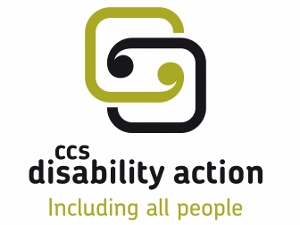



CCS Disability Action chief executive David Matthews said the Ministry of Education had been working on a number of promising initiatives, including developing inclusive education tools for schools. “Unfortunately, there is little sign of overall progress,” Mr Matthews said.
An example of the organisation’s concern is the number of disabled children on the Ongoing Resourcing Scheme learning by correspondence, which has been increasing over time.
The Ongoing Resourcing Scheme is for disabled students with high or very high needs.
In 2013, disabled students on the Ongoing Resourcing Scheme made up 1.5 per cent of all students learning by correspondence, compared to about one per cent of all students in schools.
Mr Matthews said disabled students often studied by correspondence because they felt unwelcome and excluded at schools, or schools claimed they could not meet their needs.
“We know from our previous research that some students and parents of disabled children felt unwelcome at their local school. Successive ERO reports have been critical of inclusive education in some schools. Too many disabled students do not feel welcome at their local school.”
Mr Matthews said public schools were there to serve all students in their immediate communities.
“Schools need the right attitude and supports to cater for all. We should not leave people behind or exclude them from being with their peers,” he said.
A new parent portal from the Ministry of Education aimed at engaging parents and whānau…
The announcement of $53 million to cover teachers’ registration and practising certificate fees has been…
Applications for charter school conversion appear to have dried up after strong interest from the…
Will watching the Netflix drama Adolescence help us have hard conversations with young boys and…
Many students lack basic practical life skills like budgeting, letter writing, and preparing for a…
Educators and politicians are trying to address the current teaching shortage through different policy settings.…
This website uses cookies.